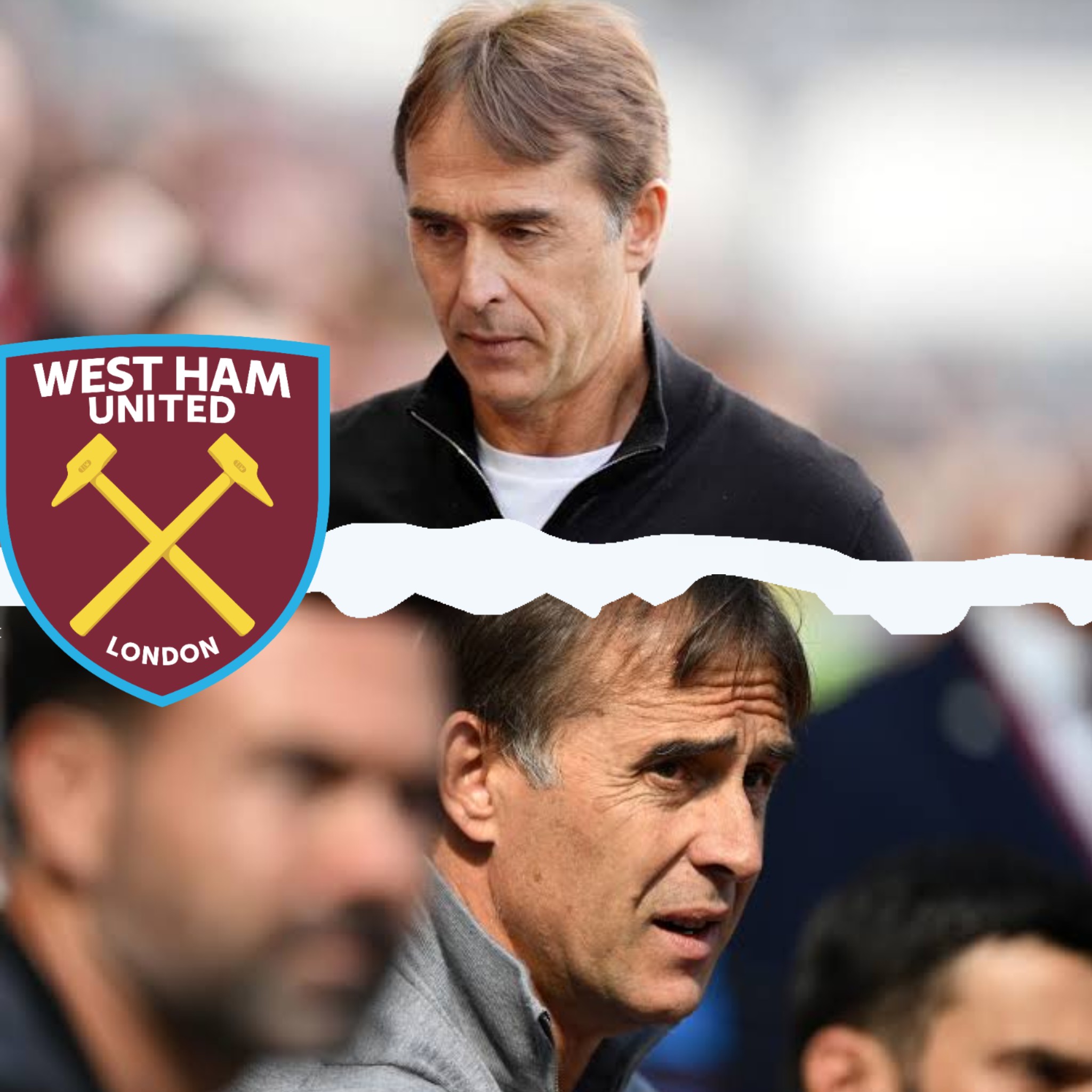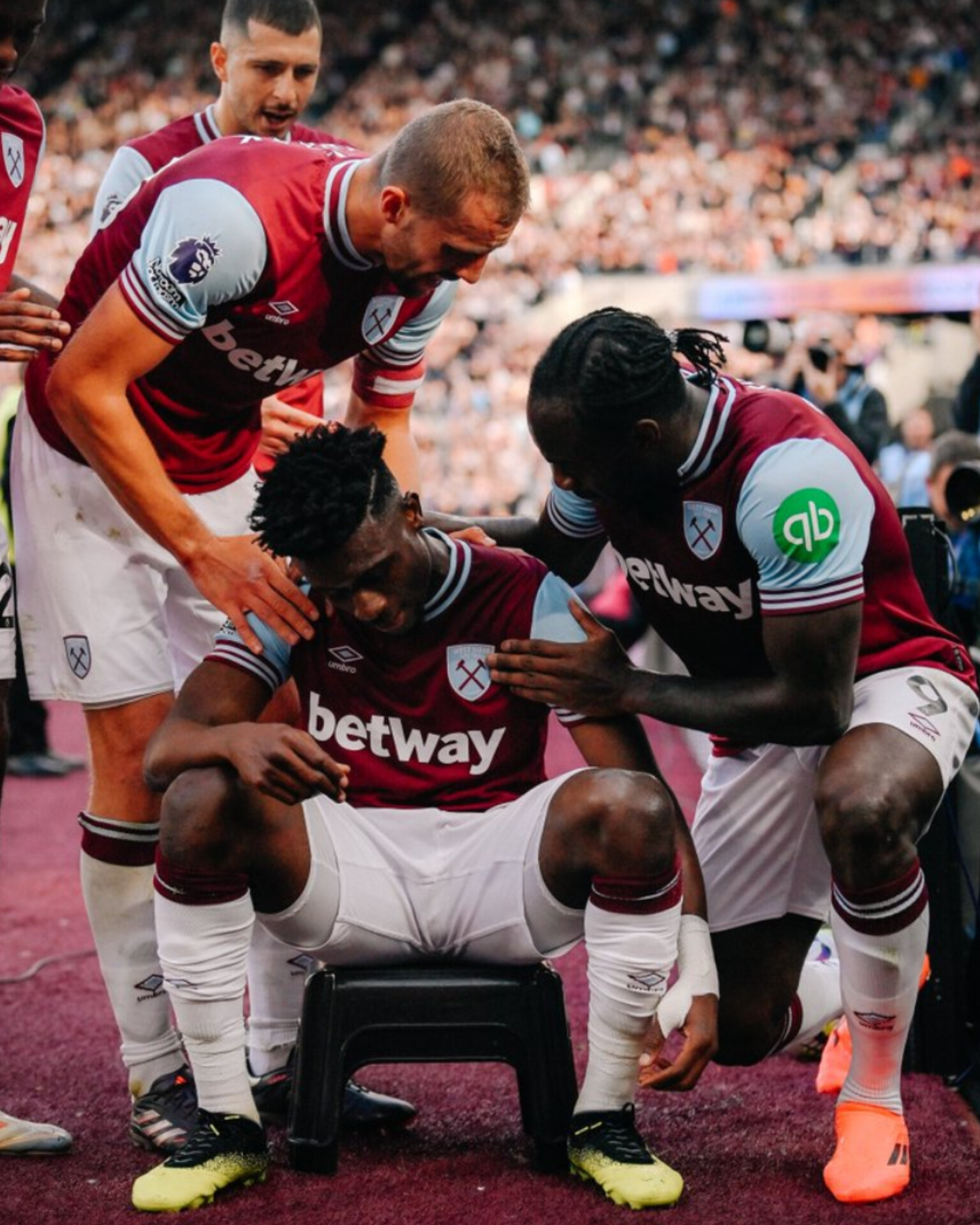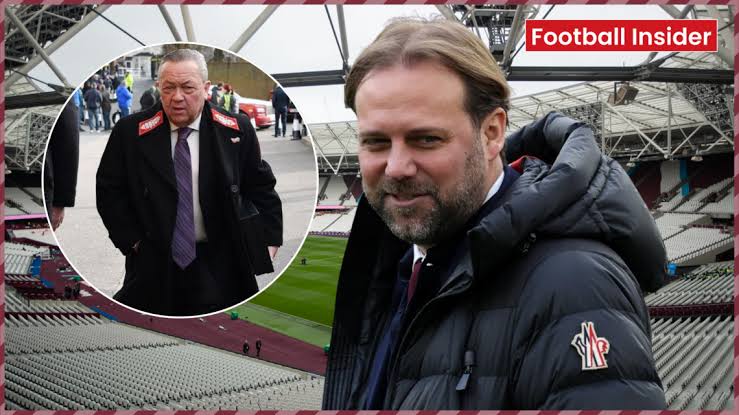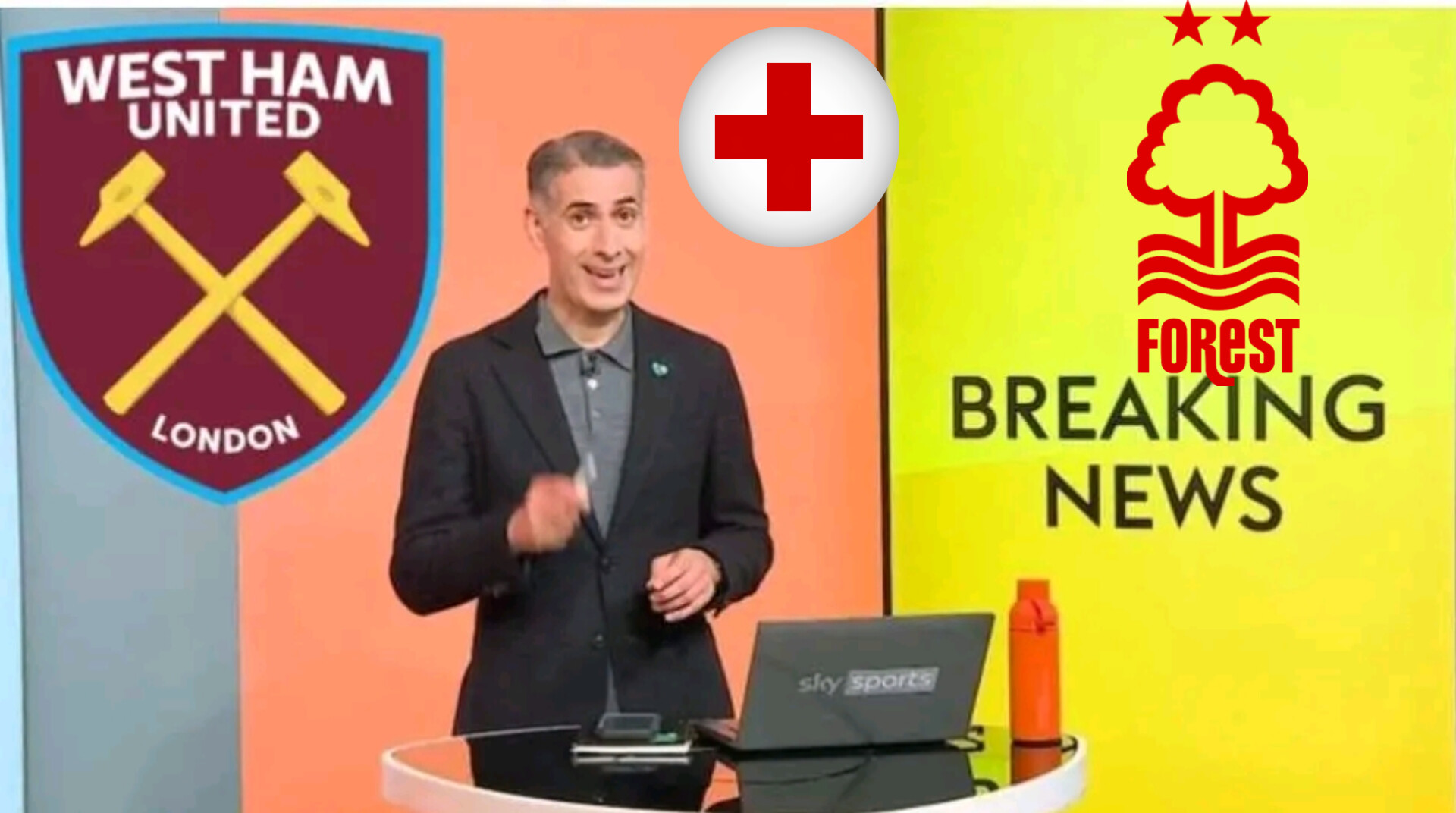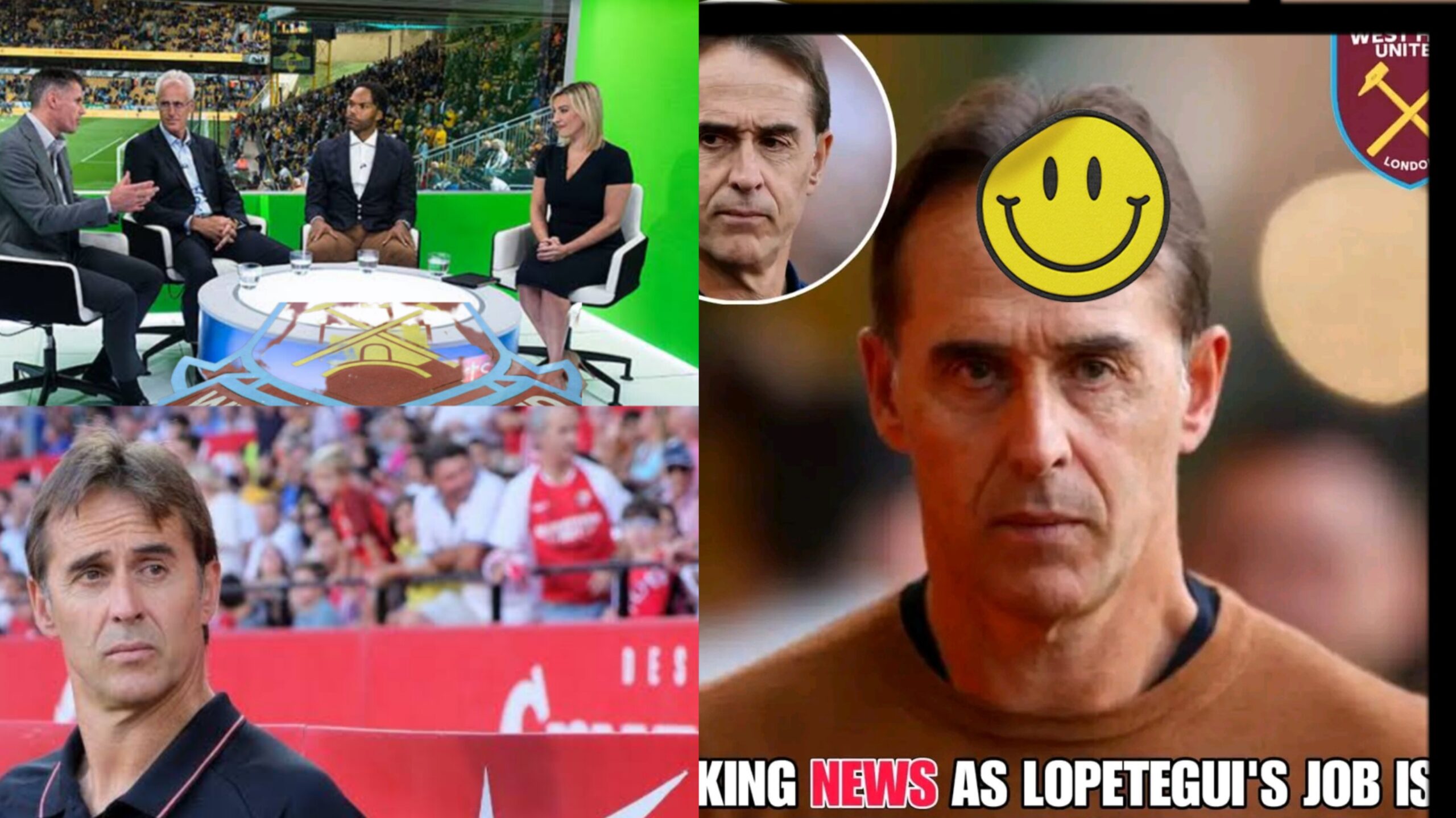Julen Lopetegui, the manager of West Ham United, faces a crucial decision regarding goalkeeper Alphonse Areola if he aims to achieve significant success with the East London club. This decision could prove to be a defining moment in Lopetegui’s tenure and the club’s trajectory.
Areola’s journey with West Ham began in the summer of 2021 when he joined on loan from Paris Saint-Germain. His impressive performances led to a permanent transfer in 2022 for a fee of approximately £8 million. During his initial two seasons at the London Stadium, Areola primarily served as a backup to Lukasz Fabianski. However, the 2023/24 season saw him elevated to the position of first-choice goalkeeper, a role in which he had previously excelled.
The French goalkeeper’s statistics from the 2022/23 Premier League season are noteworthy. In 31 appearances, he made 138 saves, executed 11 punches, claimed 20 high balls, recorded four catches, performed four sweeper clearances, and successfully saved two penalties. These numbers, as reported on the Premier League’s official website, paint a picture of a goalkeeper who was frequently called into action and often rose to the challenge.
Despite these impressive figures, there are growing concerns about certain aspects of Areola’s game that may not align with Lopetegui’s vision for the team. This misalignment has led to speculation about whether a bold decision regarding Areola’s future at the club might be necessary.
Interestingly, Areola was linked with a potential move away from West Ham during the recent summer transfer window. In hindsight, some suggest that facilitating his departure might have been a prudent move for the club.
While acknowledging Areola’s strengths, particularly his shot-stopping abilities and exceptional reflexes, which have undoubtedly saved West Ham from more severe defeats on multiple occasions over the past year, there are two significant areas of concern in his game.
Firstly, Areola’s distribution skills are considered subpar. He appears visibly uncomfortable when required to play with the ball at his feet, a crucial skill in modern goalkeeping. Secondly, he lacks commanding presence when dealing with crosses into the penalty area. Of these two issues, the former is particularly problematic given Lopetegui’s desire to implement a possession-based style of play at West Ham.
For a team to successfully execute a possession-based strategy, the goalkeeper must essentially function as an additional outfield player, demonstrating comfort and skill with the ball at their feet. Areola’s apparent discomfort in this aspect of the game poses a significant challenge to Lopetegui’s tactical ambitions.
It’s worth noting that West Ham’s defensive record last season was concerning, with the team allowing more shots on goal than 18 other Premier League sides. While this statistic might inflate a goalkeeper’s save numbers, it also highlights potential systemic issues in the team’s defensive structure that need addressing.
The high number of saves required from Areola could be seen as a double-edged sword. On one hand, it showcases his shot-stopping abilities, but on the other, it indicates a defense under constant pressure, which is not sustainable for a team with ambitions of improving their league position.
Given these factors, there’s a growing sentiment that for Lopetegui to make real progress with West Ham and successfully implement his preferred style of play, he may need to bring in a goalkeeper more suited to this system. This would mean finding a keeper who is not only proficient in shot-stopping but also comfortable with the ball at their feet and capable of initiating attacks from the back.
While it may seem harsh, especially considering Areola’s contributions to the team, the suggestion is that West Ham might need to consider moving on from him, either in the upcoming January transfer window or, at the latest, by the summer of 2024.
This potential decision underscores the often difficult choices managers must make to align their squad with their tactical vision. It also highlights the evolving role of goalkeepers in modern football, where being a good shot-stopper is no longer sufficient at the highest level.
The situation with Areola at West Ham exemplifies a broader trend in football where traditional goalkeeping skills must be complemented by abilities that were once the domain of outfield players. It’s a reflection of how the game has evolved, particularly in terms of build-up play and the importance of goalkeepers in initiating attacks.
Lopetegui’s decision regarding Areola will be closely watched by fans and pundits alike. It could serve as a litmus test for the manager’s commitment to his footballing philosophy and his willingness to make tough decisions for the perceived betterment of the team.
Whatever the outcome, this situation highlights the complex interplay between individual player skills, team tactics, and managerial vision in modern football. It also serves as a reminder of the constant evolution required from players to adapt to changing demands in the sport, even for established professionals like Areola.
